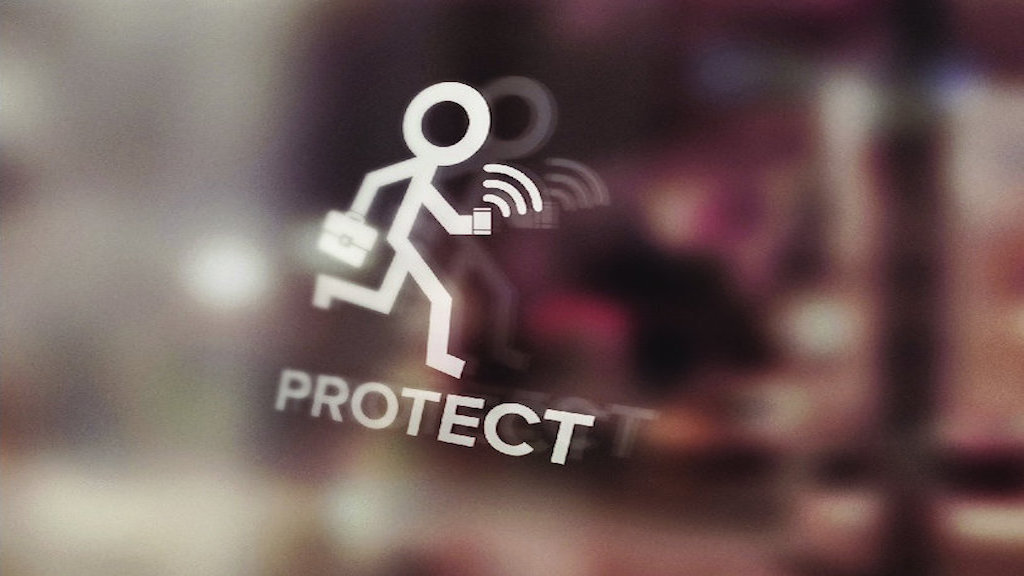A smartphone app and innovative biometric technology developed at Reading is being used at border crossings to keep people moving while maintaining security.
Robust border control is essential, but long security queues are the bane of weary travellers. With air traveller numbers rising and space limitations at border crossing points, speeding up passport controls is essential. New automated border control technology (i.e. e-Gates)perform faster and more accurately than traditional manual checks, but improvements in speed, cost and availability are still needed.
Using a traveller’s own smartphone as a paperless travel document, Professor James Ferryman has developed ‘biometric corridor’ prototypes. At air and sea ports, the traveller walks through without stopping as necessary checks are made, while those travelling by car through land borders can be identified without leaving their vehicle. The so-called PROTECT app has been sensitively developed to ensure the travelling public keep control of their own personal data.
The research has fed into implementation of the 2025 UK Border Strategy and directly informed policymakers in Brussels on the legislative changes needed to install the ‘corridors’ at borders throughout the EU. PROTECT has been demonstrated at London St Pancras International train station in collaboration with the Home Office and Eurostar, and in Poland with the Polish Border Guard.
Reading’s main industry partner, Veridos GmbH, a global leader in identity solutions, has created a new business unit and new products as a result of the project, and attracted €7m EU funding for follow-on research. New international standards in biometrics and next-generation digital travel credentials have been shaped by the research too, helping accelerate our path through borders across the world.
Find out more
Press release: Border security technology project shortlisted for Times Higher Education Awards 2020 (Sept 2020)
PROTECT EU project website: www.projectprotect.eu
PROTECT EU project video: https://www.youtube.com/watch?v=xLTD-f6AGI0 (5mins)
BBC news item: Could your face be your passport? (Aug 2019)
View the full impact case study on the REF 2021 website: Ground-breaking, demonstrable system for fast, frictionless and secure traveller identification at borders

